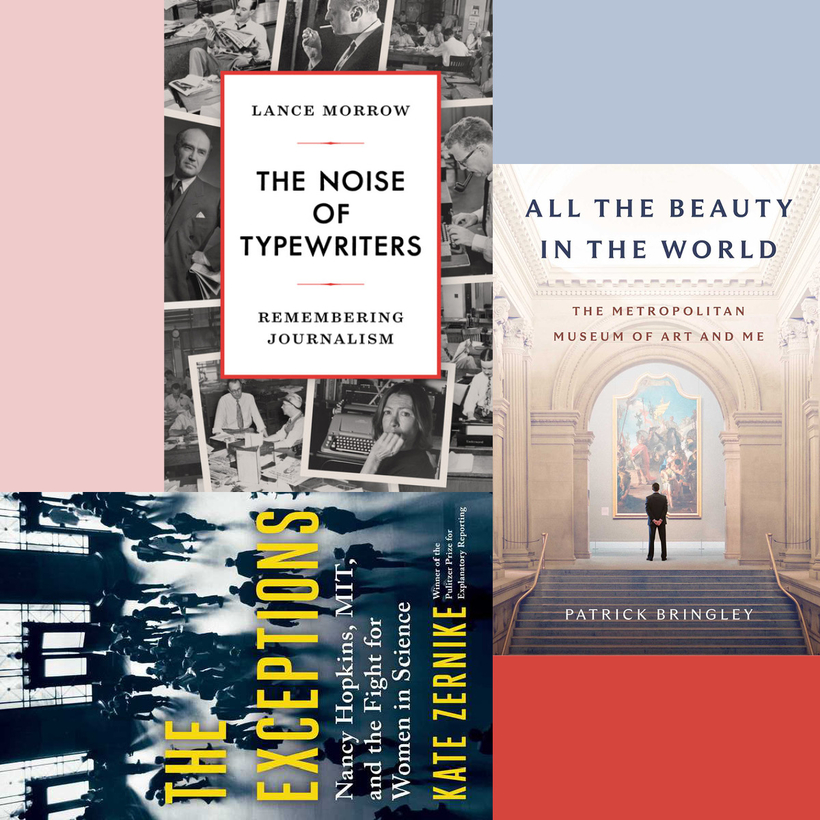This is a marvel of a book, part memoir, part history, part meditation on the state of journalism over the past 50 years, and wholly wise and enthralling. Lance Morrow, who writes occasionally for The Wall Street Journal editorial pages and was a longtime essayist for Time, has a sharp and discerning mind, able to spot fakery and meretriciousness in a New York minute. He also does not have a mean bone in his body, which means that his thoughts about today’s social and political climate and what constitutes truth are not delivered as cranky jibes but as telling and sometimes rueful observations. He tells much of his tale through others, most notably Time’s Henry Luce, the man most responsible for shaping so much of how America saw itself in the 20th century. In its evocation of a time gone by, The Noise of Typewriters belongs on the same bookshelf as Good-bye to All That and The White Album.
Who could resist working at The New Yorker, even if it is primarily to help stage its annual festival? Patrick Bringley, just out of college, could not resist, but after a few years at the magazine and the soul-draining illness and death of his brother, Bringley sought solace as, of all things, a security guard at the Metropolitan Museum of Art. And so it is there he found his home, among the most beautiful objects in the world and with colleagues whose stories and personalities could easily fill a Metropolitan Museum of People. The book works on so many wonderful levels—as art appreciation, as an inside glimpse at how a revered institution works, as a chronicle of a man losing a brother and gaining a wife and children—that at the end you make plans to visit the book again, perhaps this time with it under your arm on your next visit to the Met.

